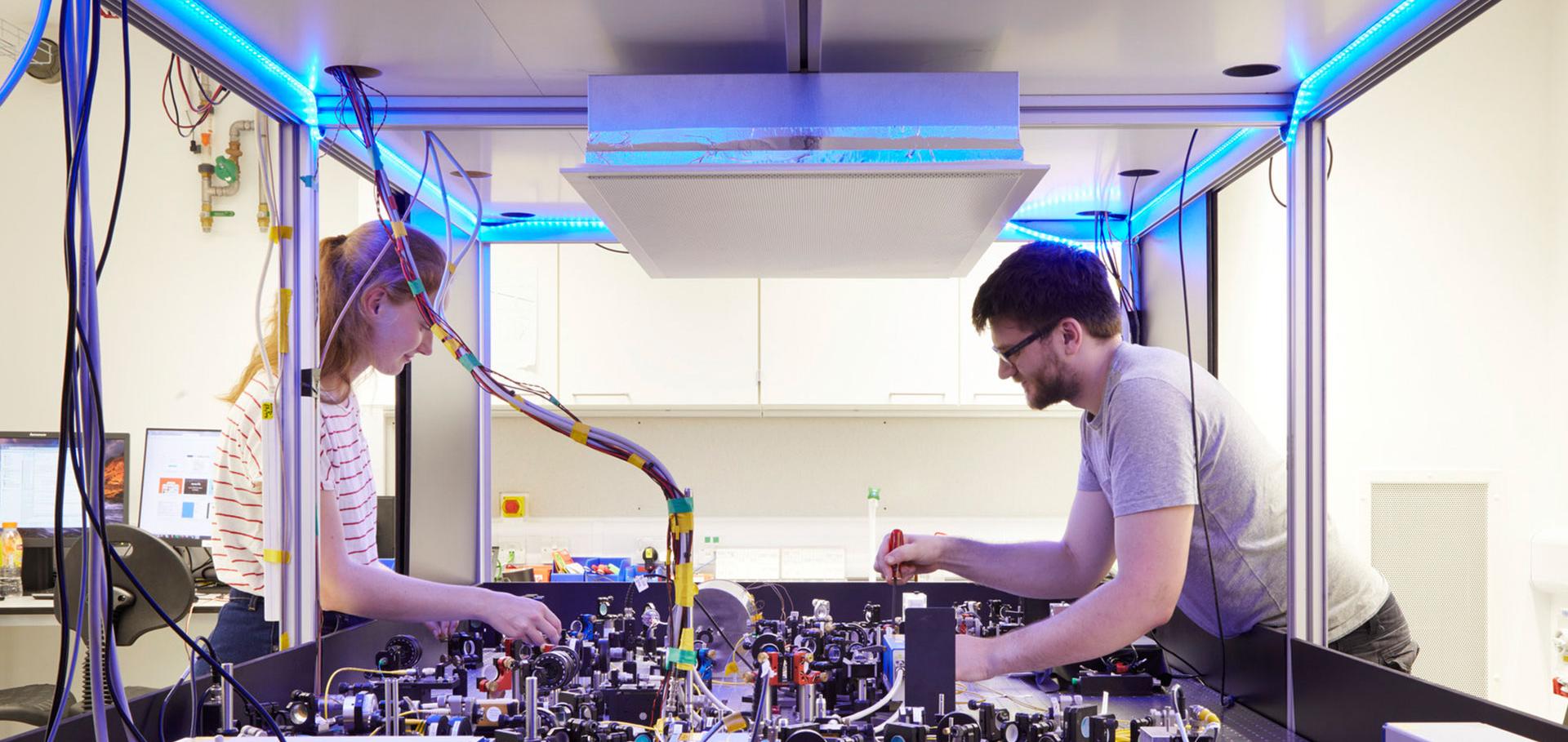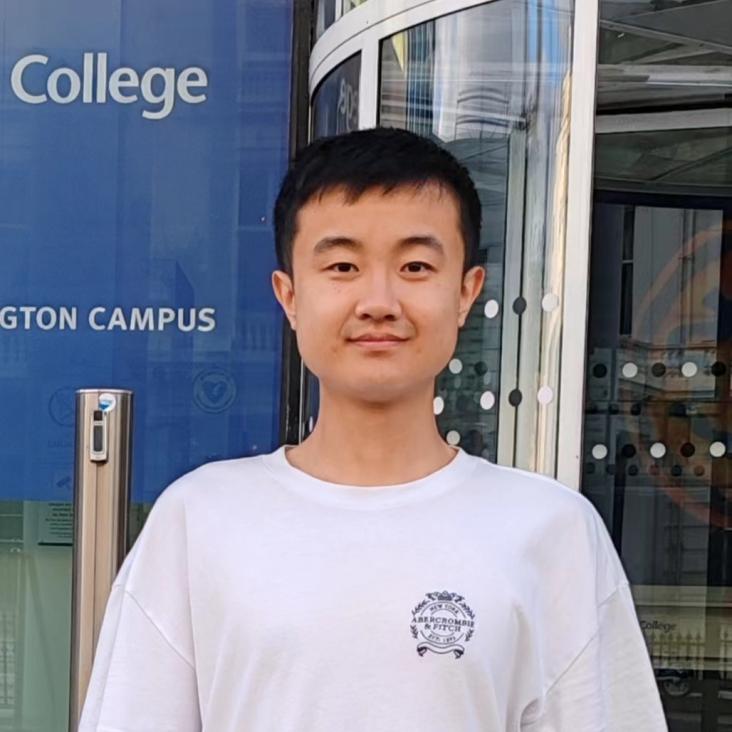Simple and high-precision Hamiltonian simulation by compensating Trotter error with linear combination of unitary operations
ArXiv 2212.04566 (2022)
Towards a variational Jordan–Lee–Preskill quantum algorithm
Machine Learning: Science and Technology IOP Publishing 3:4 (2022) 045030
Efficient quantum imaginary time evolution by drifting real time evolution: an approach with low gate and measurement complexity
ArXiv 2203.11112 (2022)
Experimental Quantum State Measurement with Classical Shadows
Physical Review Letters American Physical Society (APS) 127:20 (2021) 200501
Universal quantum algorithmic cooling on a quantum computer
ArXiv 2109.15304 (2021)


